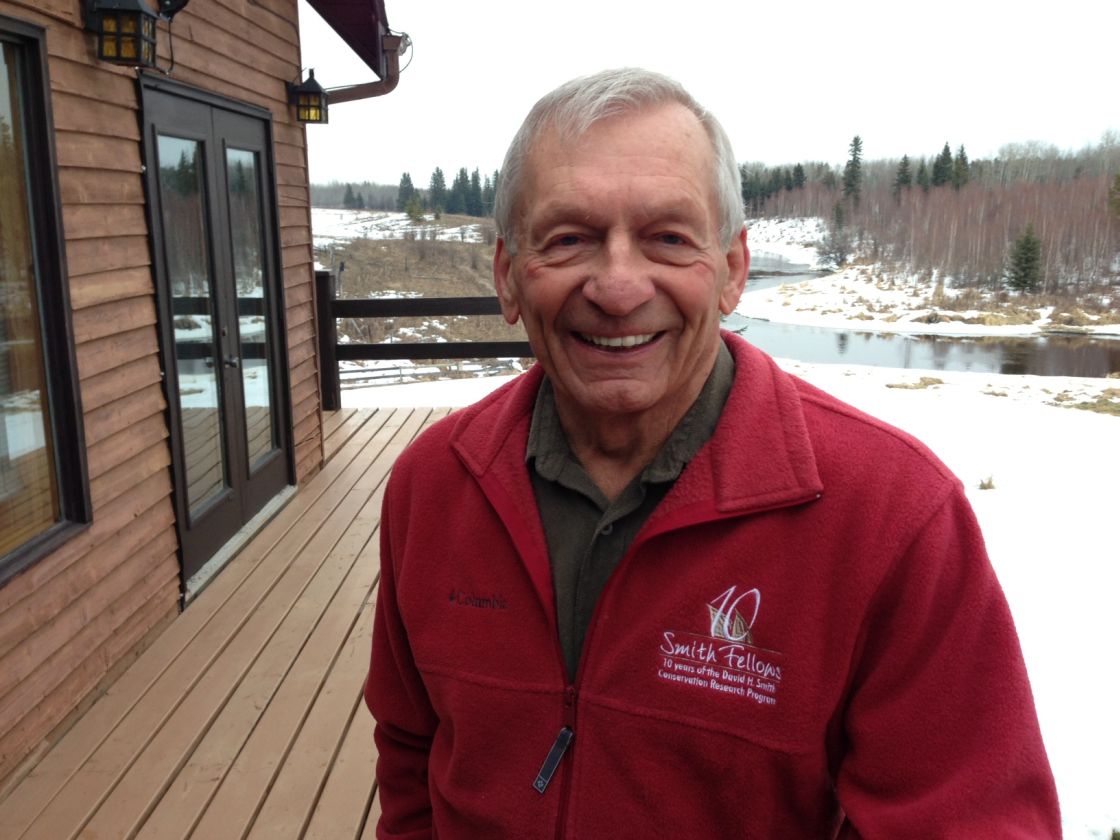A renowned Canadian scientist says there appear to be similarities between fish deformities found downstream from Alberta’s oilsands and those observed after the Exxon Valdez oil spill in Alaska and Florida’s Deepwater Horizon disaster.

In the winters of 2008 and 2009, David Schindler of the University of Alberta says he, along with a number of health professionals, collected almost a freezer full of malformed fish from the Athabasca River.
“Things ranging from tumors to deformed spines, two tails in one case, deformed mouth parts, deformed eyes, big hematomas on the side that were bright red, things like that,” Schindler said Thursday evening.
Schindler presented those findings to a group in Edmonton about a year and a half ago.

Get breaking National news
Last week, Schindler says he was surprised by a study of the Deepwater Horizon spill in the Gulf of Mexico that showed high incidences of very similar malformations in fish, a year after the spill.
“Probably what’s happening is the compounds in the crude oil are compromising the immune systems of fish and that, in tern, they become susceptible to every fungal or bacterial or viral disease that comes along,” Schindler explained.
Schindler has written two federal cabinet ministers pointing out the research similarities. He says he’d like to see Canada take the lead in researching the issue.
“It seems to me we have a situation where we could, if we can identify the chemicals of concern, nip a problem in the bud.”
In a letter to Fisheries Minister Keith Ashfield and Environment Minister Peter Kent, Schindler says the federal Experimental Lakes Area in northwestern Ontario would be ideal for studying specific chemical impacts on fish in the wild.
Ottawa announced last year that it was closing the Experimental Lakes Area, a remote region of 58 pristine lakes that have been used since 1969 for groundbreaking freshwater studies.
The closure of the world-famous facility will save the federal government $2 million annually – a move that scientists have called inexplicable, given the scientific value of the lakes area.
With files from Global News.
- Nations have agreed to $300B for climate funding. How will they pay for it?
- Alberta government takes aim at GHG emissions cap, proposes rules on trespass and data gathering
- UN climate talks agree on $300B global funding package for poor nations
- Powering an e-bike using disposable vapes is about more than engineering







Comments